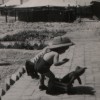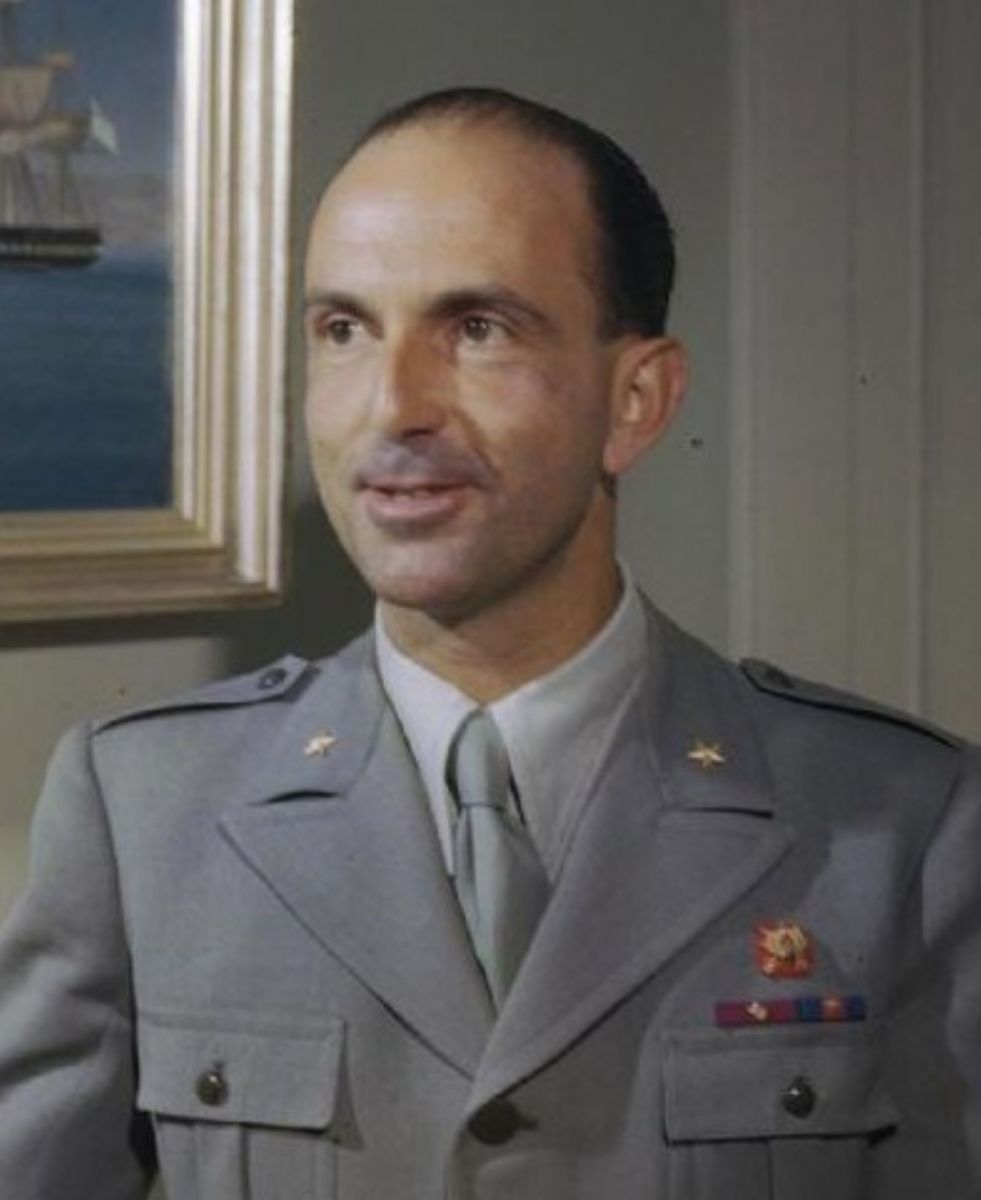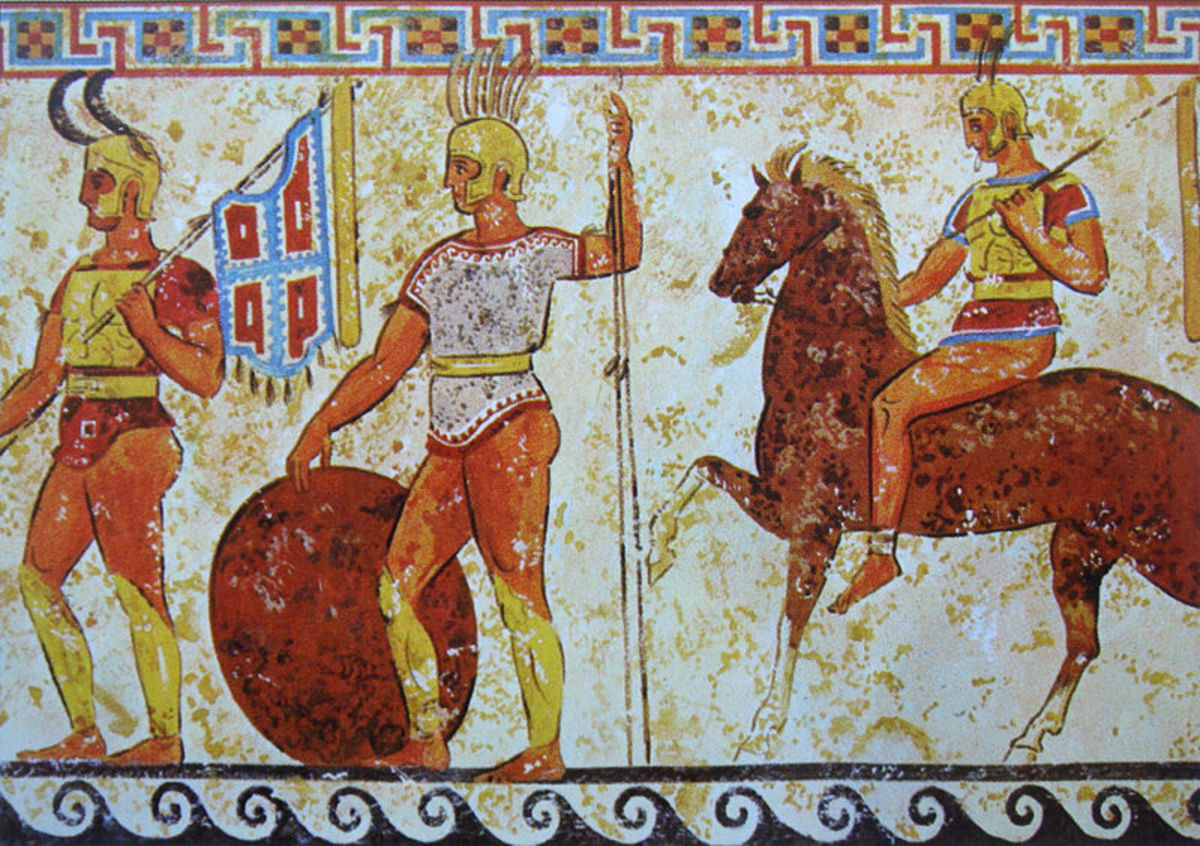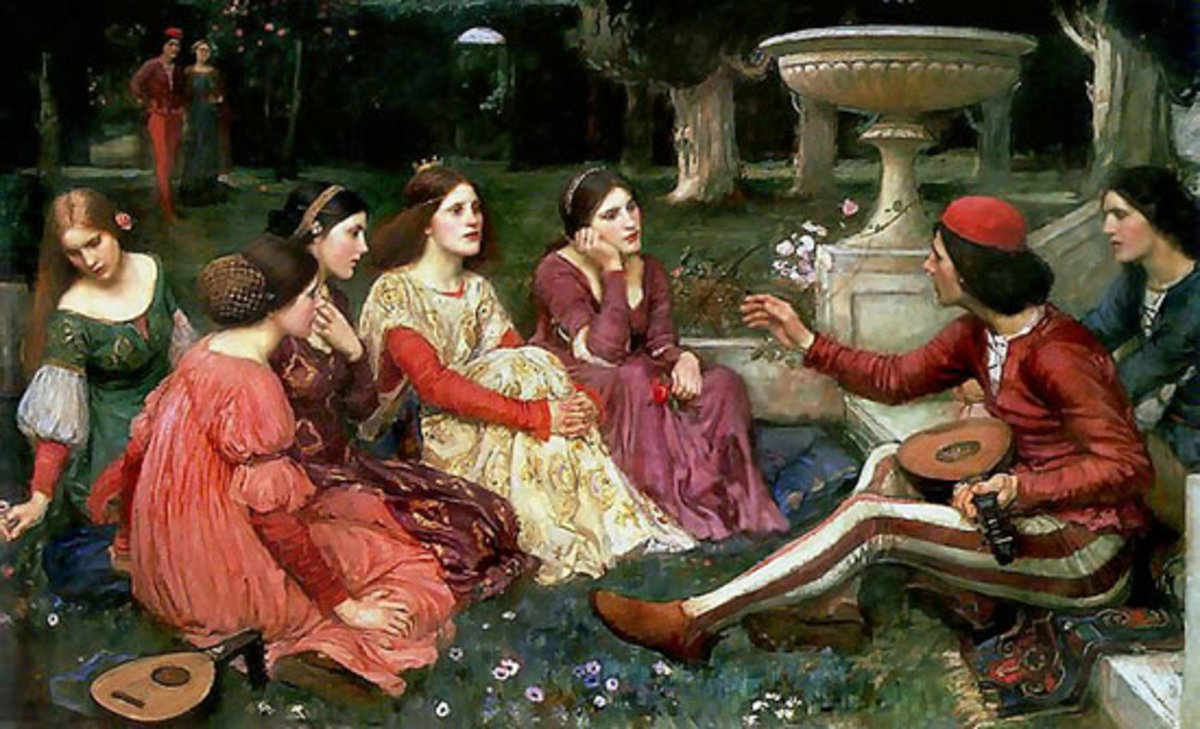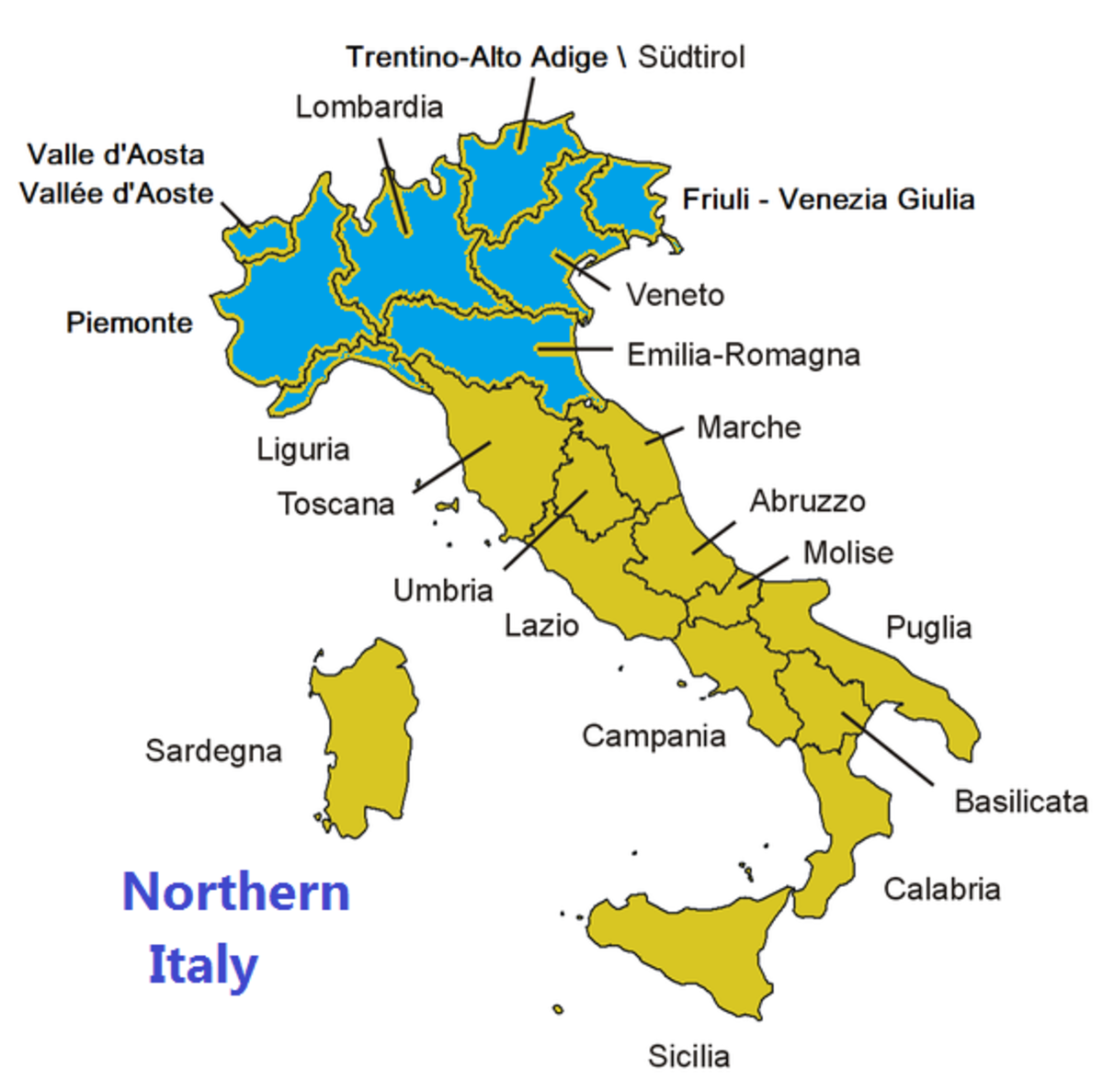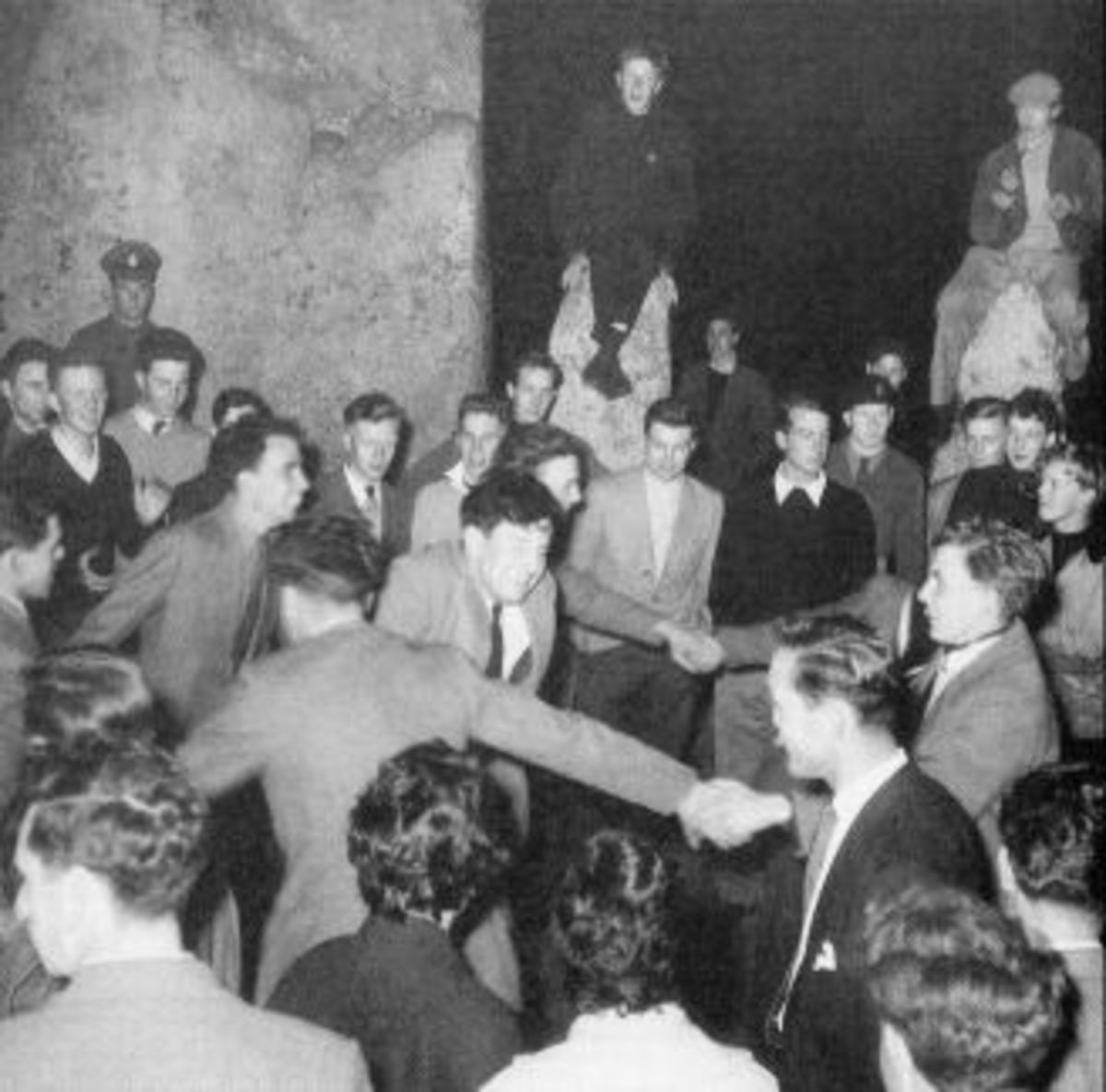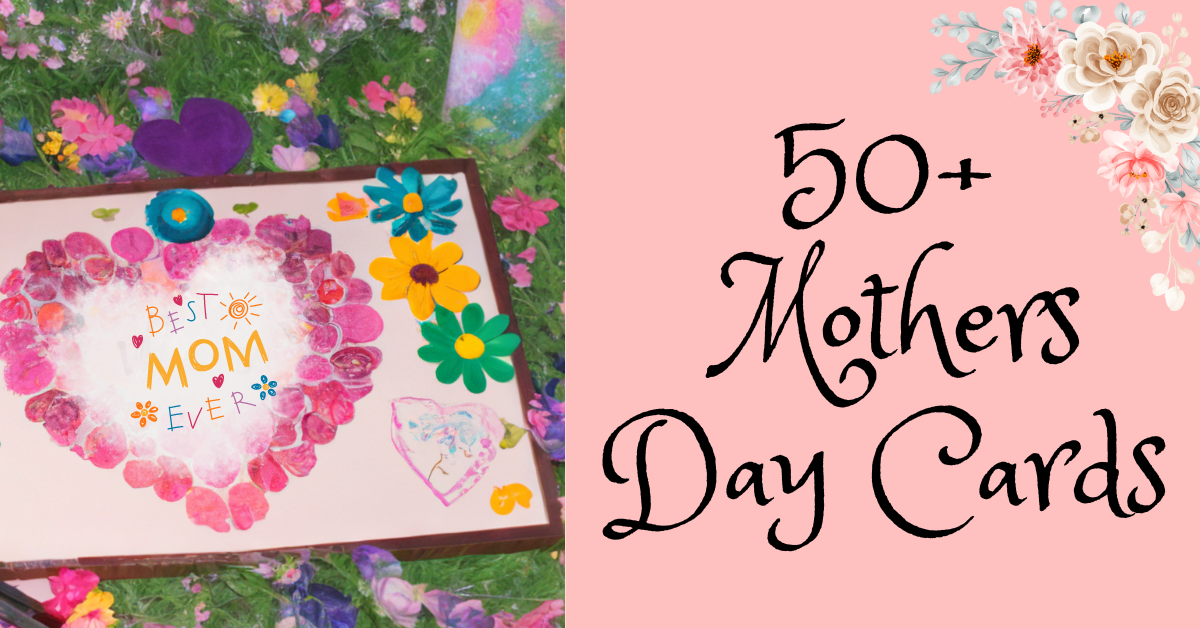The Well in Pollone Chapter One
Coat of Arms: Piedmont
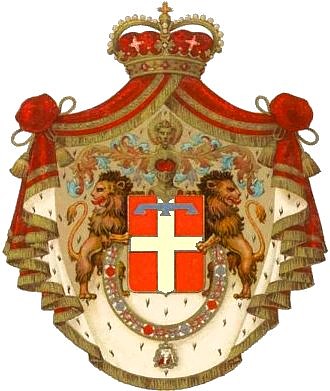
In northern Italy there is a province known to the world as Piedmont. It is an area that for centuries has been invaded by Romans, Burgundians and Goths. It has been annexed and re-invaded by Byzantines, Lombards and Franks. Magyars and the Saracens couldn’t keep their hands off the Celtic-Ligurian tribes such as the Taurini and Salassi who were attempting to live their lives quietly and peaceably, till eventually the whole area was incorporated into the Holy Roman Empire as the Kingdom of Piedmont; after which, it was subsequently subdivided and shared around.
The largest, and eventually the capital city, Turin or Torino, as the Piedmontese like to refer to it in their quaint little Piedmontese ways, became increasingly more wealthy and more important as the Duke of Savoy, their head chap, became King of Sardinia, founding what evolved into the Kingdom of Sardinia-Piedmont.
Piedmont then became a Republic under the French and subsequently, along with Genoa, a buffer state between the Austrian Empire and the French Empire. The country was then dragged unwillingly into the Austro-Hungarian Empire.
On the Unification of Italy, the House of Savoy, the Ruling House of Piedmont, became the Ruling House of Italy. Turin, the capital, was briefly the capital of a unified Italy; the Capital was then moved to Florence, and eventually to Rome.
All Piedmont must have sighed a collective sigh of relief. Too much history… far too much.
Torino - As the Piedmontese will have it
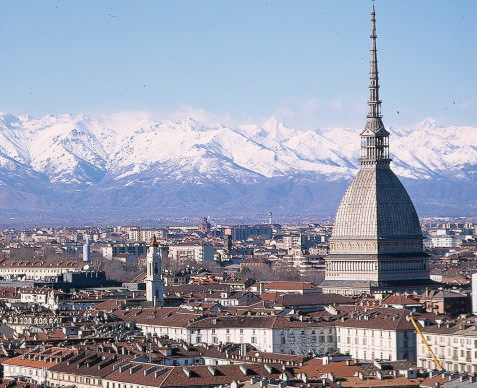
Knee deep in other people's genes and DNA and all the rest of it.
Every wave of Conquerors and Annexers and Incorporators left their mark and samples of their genes on (and in) the long suffering Taurini and Salassi. But they, the original inhabitants, if watered down somewhat by all this invasion and annexation, were a phlegmatic crowd, and took it all in their stride.
So by the time I arrived in Piedmont on a hot August day some years after all this confusion, one would have noticed very little upheaval.
The eventual mixture became the delightful Citizenry of Piedmont as it is known today. The Piedmontese are affable, charming, shallow in the most delightful way, and the most welcoming and hospitable group of people one would ever wish to be with or to dine with.
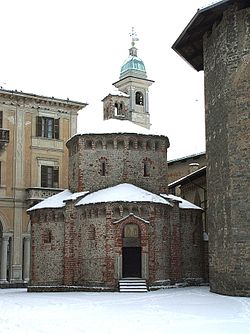
An Italian friend of mine, Umberto, had insisted that I visit him in Italy; more specifically in Piedmont.
Umberto was the personal assistant to one of the designers in a fashion house in Milan, and so was based more or less in Italy, but they also had an apartment and office in Paris and another in London. He wanted to show me around his own home village, but said he was never sure when he would be needed to fly here or there for his employer, so to treat him like a moveable feast; if he could be there he would, but, “mia casa; sua casa” or more correctly, “la mia casa è la tua casa”. Regardless of whether he would be there or not, he had put his home at my disposal and hoped to be able to spend some time there and introduce me to his friends.
He told me that I would love his village, not only for its rustic charm; for its friendliness, but also he knew my sense of humour. The village, which lay near the town of Biella, was named Pollone.
Pollone… the exact translation of the name of his village is, “Big Chicken”.
So I was going to spend a couple of weeks in the little village of Big Chicken.
It was in the middle of August that I had first arrived in Biella, a large town 59 miles / 95 kilometres from Turin. I had travelled from Rome by train and arrived in the late morning of what promised to be a very hot day.
While on the train I had been collared by a flamboyant Old Queen who wanted to tell me virtually every detail of his trip from somewhere in North Devon to the train we were travelling in from the Roman Campagna to Piedmont. He had been looking forward to this trip for most of the year and had been studying the Italian language so that he could “chat to the natives” as he put it. He was wearing an obviously expensive cream linen suit with a pale blue silk shirt, and a magenta cravat, he certainly looked the “Englishman abroad”, even to the wide brimmed straw hat he had on the carriage table before him,
“The sun, dear. These foreign suns are so fierce. One’s complexion, dear!”.
As we had passed Pisa, he pointed out the tower, which we could see from the train as we travelled north, and clapped his hands together. He certainly was enjoying himself, and I found him and his manner to be very peasant, if a little wearing. He insisted on telling me about every meal that he had had since arriving in Italy; every single meal, in the minutest detail; all the interesting people and and and…
“My dear,” he said, leaning towards me and touching me playfully on the knee, “I had such fun in Rome at the main railway station. I mislaid my little overnight bag”, and here he patted the cream leather travelling case beside him on the seat, “I went to those lovely men at the Lost and Found counter and I said, to them, I said, ‘Ho perso la mia balia. Riesci a trovare per me?’ and the lovely chaps, dear, there were two of them, dear, they laughed and laughed… Oh they were so sweet.
“I’d meant to say: ‘I’ve had lost my baggage. Can you find it for me?’ which would have been all right, but instead of saying: ‘Ho perso il mio bagaglio. Riesci a trovare per me?’, I’d made a mistake and instead of saying ‘I’ve lost my baggage,’ I had said, ‘I’ve lost my wet nurse’”
With this The Old Queen smiled, and said, partly to himself and partly to me, “Bagaglio, balia… so funny. I shrieked, dear. Can you imagine someone like me needing a wet nurse? Lovely boys they were… Lovely”.
Eventually we arrived at the San Paulo railway station in Biella. Umberto had told me that business had called him away unexpectedly and that he would be away for a couple of days but would make sure that I would be able to gain access to his home where I would be staying. He had phoned me shortly before I left London to tell me that Anna would take care of me.
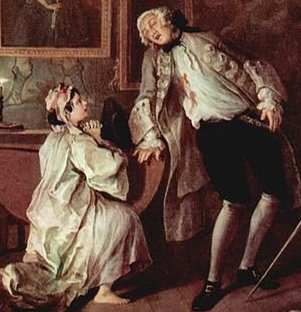
“I am a vile and wicked woman, yet please forgive me, my beloved father, before I die”
I was met at the station by Anna. A young woman dressed completely in black; black shirt, black trousers, black boots, but not at all mannish; pure feminine elegance in black. I have no idea who this Anna person was but she was charming and although I spoke no Italian apart from a couple of vaguely useless phrases and she spoke even less English, we made each other understand, more or less, what we had to convey. Regardless of language restrictions, we took to each other immediately.
My Italian was, and is, very basic and completely inappropriate for modern-day Italy. What few words I had managed to accumulate were from reading the libretti for Italian Operas, which I love. But a lot of the sung dialogue deals with sentences such as “I love you more than life itself, and only God can part us now,” (This is one of those pivotal moments in an opera where one knows, whether it had occurred to one earlier or not, that nearly everybody is going to come to a sticky end and there’s likely to be a lot of blood spilt, and a lot of singing while that goes on.)
Another group of words I had picked up were something to the effect of. “Blood! Blood, Must these lands ever be drenched in the blood of innocents?”
One of my all time favourites and certainly one of the best is: “I am a vile and wicked woman, yet please forgive me, my beloved father, before I die”.
This is all very well to hum along to and shed a few tears to, but basically useless when one wants to buy half a kilo of oranges at a stall beside the road.
So I had gone to Italy armed with the first: “Ti amo più della vita stessa, e solo Dio ci può parte adesso,” (“I love you more than life itself, and only God can part us now,”) and that good old favourite standby on any domestic occasion: “Sangue! Sangue, devono essere sempre queste terre intrisa del sangue di innocenti” (“Blood! Blood, Must these lands ever be drenched in the blood of innocents?”)
But what purveyor of fresh vegetables wants to be told that the man, standing in front of him, squeezing his lemons: “Sono una donna vile e malvagia, ma ti prego perdonami, mio amato padre, prima di morire”?
I mean, to him I might have looked like a gentleman customer, but to be told I was dying and thought he was my father and wished his forgiveness because I was a vile, ungrateful, wicked woman, would have been difficult to swallow at any time. Even if one were an Italian fruit seller beside the road in Piedmont.
Sangue, sangue and all that business.


The Old Queen had eaten a cat on the train.
So we arrived in Biella and Anna took me to a bar where I immediately ordered a glass of water and then a limonata; it was so hot, and I was parched. Then, as I wasn’t hungry, and I didn’t want to embarrass myself with my Italian too early in the proceedings, I said that a caffè espresso would be wonderful. Anna insisted that I should try mirtilli. I had no idea what these were, but she insisted and ordered mirtilli from the waiter who returned shortly with two large glasses of the most delicious little blue berries, with sugar, if needed, and cream. The taste was amazing and I just had the lovely little berries, plain. No sugar. No cream.
The Old Queen, who was still attached to me, slightly, spoke from an adjacent table where he sat with his hand flapping around in the air. A cigarette occasionally tap tap tapping into the ashtray.
“Those look delicious. But I’m not sure if I could eat even one of the precious little things…” He turned to Anna, and in a somewhat conspiratorial manner said, flexing his linguistic muscles, “Ho mangiato un gatto sul treno,” and turning to me, simpered, “The language is so easy once you try, dear”.
Italians love it when we English speakers attempt to use their lovely language, and never laugh if we make any mistakes with words, but I could see that Anna was delighted to learn that he has eaten a cat on the train. To his mind, gatto and gateau were close enough. Inflection was his undoing. Then realising that he had made a mistake, he enquired where he had gone wrong. Anna explained, haltingly, with tears springing to her eyes. Was it emotion at the thought of the poor little cat having been eaten on the train or was she simply laughing because of the mistake. One would have thought the former… or maybe not.
“Tra la la,” he sang:
“You say, gatto and I’ll say gateau;
“You say bagaglio and I’ll say balia
“Let’s call the whole thing off.
“Potato, potahto, tomaito, tomaahto
“Let’s call the whole thing off”.
And with that he took a last sip from his caffè, adjusted his cream linen jacket around his shoulders and swanned off;
“I’ve got a train to catch. Arrivederci!” and he was gone.
More mirtilli

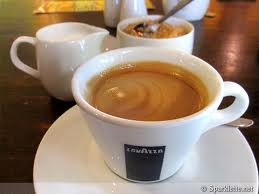
We finished our mirtilli and having decided against another caffè espresso, Anna indicated that she was ready to take me to Pollone and show me where I would be living for the next few days. We soon found her little FIAT where she had parked it in an open area behind the railway station and as soon as I was in the passenger seat she took off at an alarming speed.
Once out of Biella, the roads were relatively free of traffic. We drove through endless fields of sunflowers, and the occasional huge signpost, showing an attractive young lady in absolute ecstasy because she was rubbing her cheek against a fluffy cardigan; a Persian cat beside her looking smugly out of the picture. This indicated that one would not be a complete person without being covered in “Lana Gatto” which I took to be a type of wool noted for its similarity to cats’ hair or fur.
Here and there we saw a large building proclaiming that: Mobili were available in the vicinity. I looked at these as we drove past and mimicked someone driving, but Anna shook her head. I discovered subsequently that they were furniture stores. The Italians love furniture and their apartments show this; elegant to the extreme. But for some reason, they feel inclined to drive out into the countryside to look at them and perhaps buy them.
This is a story in five chapters, The faint hearted should not continue. Everyone else is more than welcome.
- The Well in Pollone Chapter One
In northern Italy there is a province known to the world as Piedmont. It is an area that for centuries has been invaded by Romans, Burgundians and Goths. It has been annexed and reinvaded by Byzantines, Lombards and Franks. Magyars and the Saracens c - The Well in Pollone: Chapter Two
Eventually we reached Pollone, and I was not disappointed. It was a charming village, and everything nice that Umberto had said about it had fulfilled all my expectations. We drove at speed through the little lanes and along the wider roads and then - The Well in Pollone Chapter Three
On the first Sunday morning of my stay in Pollone, I was sitting on the stairs; basking in the sunshine when a heard a voice. Buongiorno, I looked down to see Olga standing, just inside the great door. She was wearing a light skirt and blouse; her - The Well in Pollone Chapter Four
Not all meals were in expensive restaurants. One evening, Olga drove us to a village on the edge of Lago Maggiore. We entered a piazza in the centre of the village. The piazza was surrounded on four sides by four or five storied houses and apartments - The Well in Pollone Chapter Five
But, as they say, all good things must come to an end. Days stretched into almost two weeks, and I had to return to London far too soon. I had enjoyed myself enormously. On the day before I was due to leave, I was about to take one of my last breakfa
